WW2 Researcher to speak at Silent Wings Museum, Lubbock, TX, Nov 11, 2015
Return of the World War II Dead:
How the demands of American families changed history
In 1947, across the United States, tens of thousands of American servicemen made their silent return from World War II.
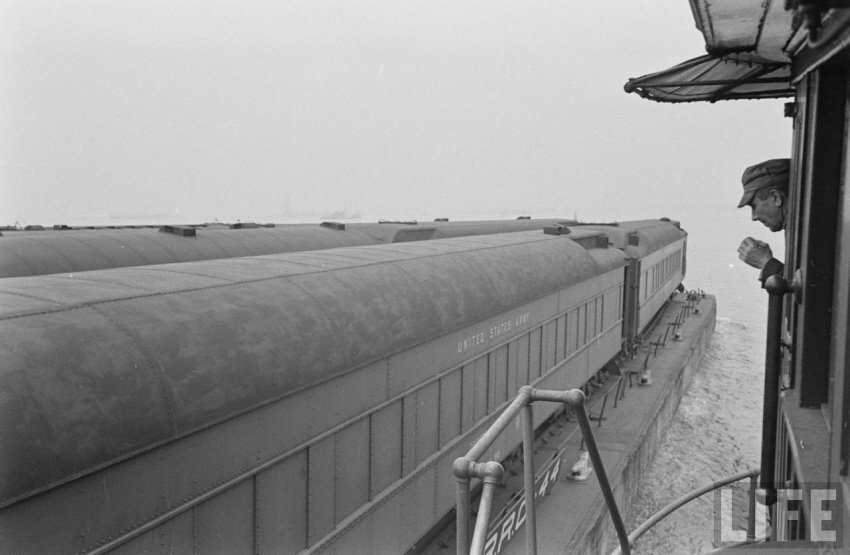
A train conductor prays over mortuary cars loaded with U.S. servicemen killed in WWII. Life Magazine Archives.
These were the American soldiers, flyers, naval personnel and Marines who had met their deaths overseas in the War and whose remains were being returned, at government expense, to their waiting families.
The “Return of the WWII Dead” program was unprecedented in expense and scope and remains unique in world history. No other nation returned its war dead after World War II. This program, which stretched from 1947 to 1951, remains a forgotten legacy of the Truman Presidency, and was a direct result of the demands by American families that battlefield graves wouldn’t do for their lost sons.
On November 11, 2015, Military Casualty Researcher Bill Beigel will present “Return of the WWII Dead: How the demands of American families changed history” at the Silent Wings Museum in Lubbock, Texas. The presentation includes a special segment on “Silent Wings” glider pilot Captain Norman L. Aigner, killed on D-Day in Normandy. The program will include audience interaction and will close with a question and answer session. The event is free to the public.
Bill Beigel is a military casualty researcher who specializes in stories of American servicemen who died or went missing in World War II, Korea, and Vietnam. His clients are individuals, veterans’ groups, communities, universities, and others. Most often, Bill helps individuals and families learn what happened to their relatives killed or listed as missing in World War II, as next-of-kin received very little information during wartime. Details remain difficult to obtain to this day. Since 1999, Bill has researched more than sixteen hundred individuals and over a dozen groups for more than a thousand clients.
Bill Beigel holds a BA in History and a Masters in Geography, both from UCLA. His book about “The Return of the World War II Dead,” about how the U.S. repatriated servicemen killed in World War II, is slated for publication in 2016.
Bill Beigel’s work has been featured by USA Today, Fox News, CBS, the Los Angeles News Group, War History Online, and dozens of other outlets in the U.S. and Europe. A collection of his research was recently accepted into the American Air Museum in Duxford, England. His WW2Research blog has been ranked in the top 20 most popular WWII sites worldwide. For more information, please visit http://ww2research.com.
For booking or publicity information, please contact Ruth Danielson at http://msmarketintel.com.
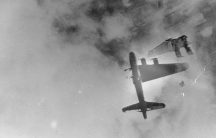
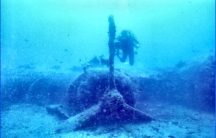
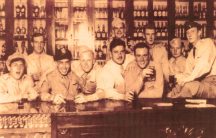
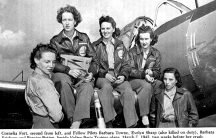
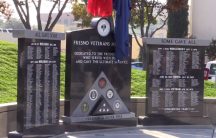









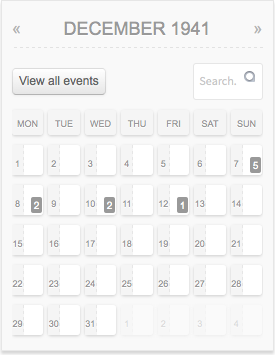







Thank you for your work. I’m chasing the service of three of my grandparents’ WW2 service but I was so blessed that all my loved ones made it home alive. I’m enjoying your articles online. I’m a lawyer in rural IL, and amateur genealogist, and I would be pleased if I could ever assist your efforts to bring home the stories of those who gave this country their all. I’ve been working on properly identifying the 350 US POWs taken to the Berga work camp in Feb. 1945, because still so many of the identities of these brave men are lost to history because no one has yet compared the existing primary sources to correct the names on the German roster of the dead men in this unfortunate group. The story gripped me as I learned a man from my tiny hometown was in that 350, but was improperly identified on the German rolls and thus not honored with his fellow prisoners at the Holocaust museum in DC. His whole family is deceased, so there’s no relative to champion his story, and we owe the fellow that much. Thanks again- should you ever happen upon a decorated flyer from the 48th fighter group by the name of Leonard C. Hoffmann (retired as a Col), that’s my Grandpa. Also, do you know where I can find Air Force Dispatch archives for WW2 and later? Best regards, Alissa L. Gearhart ag@gearhartlaw.net
Hi Alissa: You’re doing great work with the men from Berga; the situation at the camp was absolutely the “worst-case scenario of worst-case scenarios” for the men imprisoned there.
Did the man from your hometown survive his experience at Berga?
I might not be too far from you in September; I’ll be speaking at the Assn. of Professional Genealogists meeting in Fort Wayne, IN.
What do you mean by “Air Force Dispatchs”?
Best, Bill